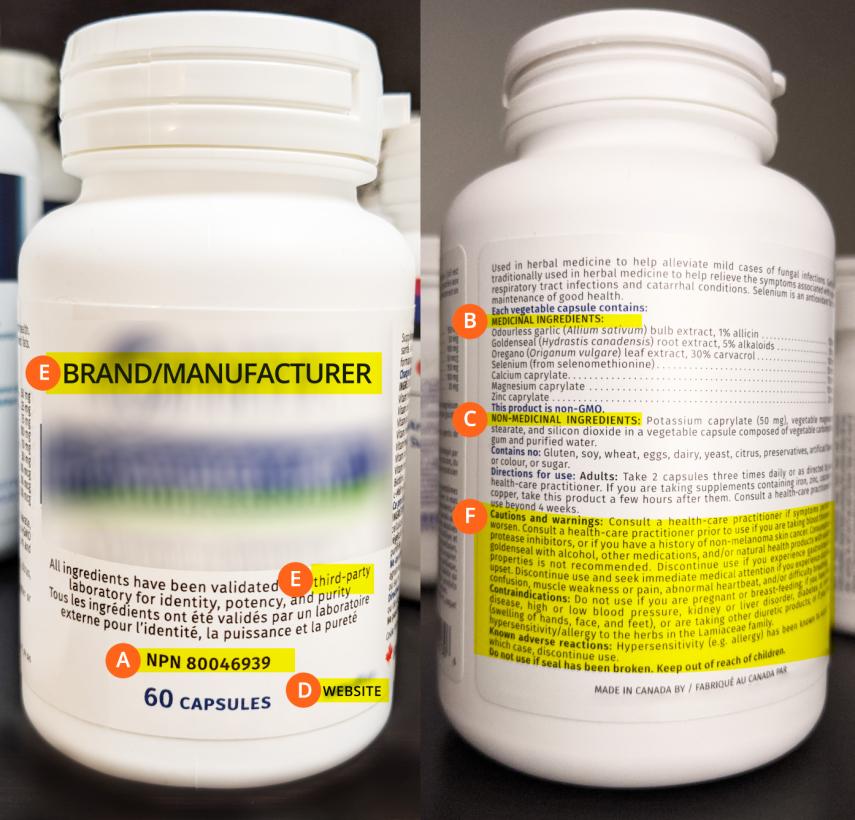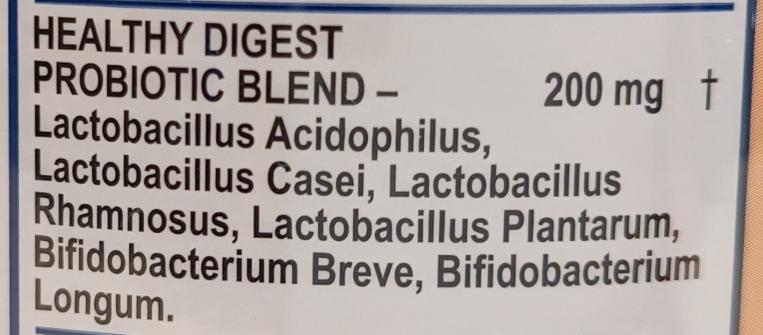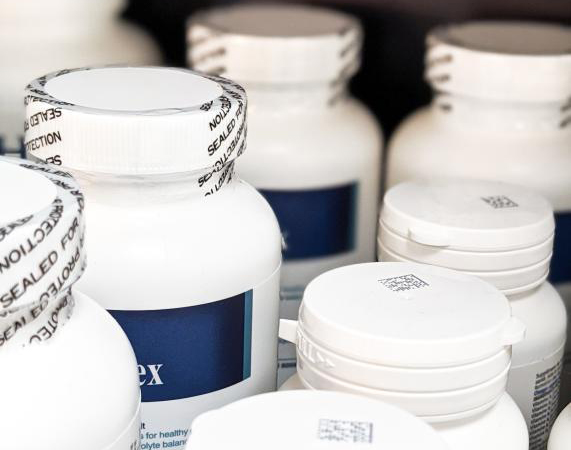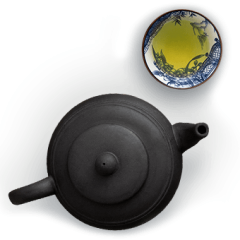When searching for a supplement there are 2 key factors to consider.
1) Authenticity (Identity, Purity & Potency) – What you see on the label is what you will be getting. Are you getting the stated ingredient and at the specified dosage and potency?
2) Safety – Does the supplement contain pesticide or herbicide residues, heavy metals, solvents, microbes? Has it been tainted with pharmaceuticals by fraudulent manufacturers to enhance its purported effect or cross contaminated with toxic plants during the harvesting process?
Identifying authenticity & safety – From the label
(Every country has their own standards for regulating the safety of dietary supplements. Find out how your country regulates them.)

A. Natural Product Number (NPN)
In Canada, dietary supplements are classified as Natural Health Products (NHPs) which must be approved by Health Canada before they are allowed to be legally sold. Always look for a Natural Product Number (NPN) or Homeopathic Medicine Number (DIN-HM) on the product’s label, which indicates that it has been approved for sale by Health Canada. An NPN or DIN-HM is basically a stamp of approval from Health Canada indicating the supplement is what it says it is and meets the minimum safety requirements.
You can find more information at the Natural and non-prescription health products directorate. (NNHPD)
B. Transparent Label Claim
Be aware of supplement manufacturers that label their ingredients as part of a proprietary blend. As such they are not required to list the exact proportions of each ingredient. This is done to protect their formula from competitors or to increase the perceived value of the product since the blend can carry the name of a more efficacious ingredient but only contain very little of it. This is not a good practice from the consumer standpoint for obvious safety reasons. To spot a proprietary supplement it usually has the words proprietary blend in the ingredients and will not disclose the exact amount of every ingredient.

C. Read All Non-Medicinal Ingredients
A long list of non-medicinal ingredients is a supplement you probably should avoid. This usually means unnecessary fillers, binders, coatings or artificial dyes are being used. Fillers are sometimes added to bulk up the supplement to give the impression that you are getting more. Binders and lubricants are added to hold the ingredients together and to prevent the ingredients from sticking to manufacturing equipment. However, this can affect the release of the ingredients after ingestion. Bottom line is, avoid a supplement with a laundry list of non-medicinal ingredients.
Identifying authenticity & safety – Being an informed consumer
D. Online Shopping Dangers
Don’t simply accept marketing claims at face value. Do some research into the product and the manufacturer. Counterfeit supplements marketed to look like the original brand of supplements do exist. These are typically sold on the open market such as online stores. The danger here is that counterfeit supplements sometimes fail to contain what is specified on the label and have been found to contain ineffective and harmful ingredients. Supplements found laced with pharmaceuticals and steroids is an example. Always purchase from a reputable site if you have to buy online, check for a Natural Product Number (NPN – Specific to Canada) and be wary of sites selling supplements at huge discounts.
E. Manufacturer Testing
Now, if you really want to take this further you can find out more about the kind of purity and potency testing the manufacturer does. You can usually find such information on their website.
- Batch vs Skip Lot Testing
Every batch of raw material and finished product is tested. This is contrasted to manufacturers that perform skip lot testing. Skip lot testing is testing of selected batches of raw materials and finished products. Why do some manufacturers perform skip lot testing? Reduction of overall cost and time! Such information is usually listed if not, reputable manufacturers will be forthcoming with such information when asked.
- 3rd Party Lab Testing
Ideally, purity and potency testing of the product should be conducted by a 3rd party independent lab. This is a big determining factor in supplement quality control since 3rd party labs do not have any affiliation with the manufacturers. Unlike in-house labs which are basically a part of the manufacturing company. Once again such information is typically indicated by the manufacturer.
F. When To Consult with a Healthcare Practitioner
So you’ve made it this far and deemed your dietary supplement to meet the basic criteria of authenticity and safety. Does this mean the supplement is safe and suitable for you based on your personal health history? Here’s what you should know.
Warning labels are over-arching and cannot possibly indicate individual suitability. Matters complicate with individual health variation. Let’s illustrate our final point with an example.
Dietary supplements come in different forms. E.g. Calcium Citrate vs Calcium Carbonate. Certain forms are less bio-available (bio-availability refers to a nutrient being ready for immediate utilization by the body) and the reason they are used in supplements is cost savings to the manufacturer. For example, a cheaper and less bio-available form of vitamin B12 also known as cyano-cobalamin, is commonly used in supplements. The problem is, once consumed cyano-cobalamin still has to be converted in our body to a more bio-available form called methyl-cobalamin, before it can be utilized by our cells. You might be paying less for the less bio-available form but are you actually efficiently absorbing it? To ensure maximal and efficient absorption we want to eliminate unnecessary conversion steps.
In this case isn’t the solution to simply consume the more bio-available methyl-cobalamin form? Not entirely. In certain individuals with genetic polymorphisms (genetic variations), they cannot tolerate the more bio-available methyl-cobalamin form and are in fact only comfortable on the less bio-available cyano-cobalamin form. Albeit confusing but this is where such information may not be common knowledge to the average consumer.
In times like this consulting with a healthcare practitioner to guide you through the maze can be a great help. Find someone who not only has knowledge in this area but also presents transparency especially when it comes to dietary supplements. With all that being said, please remember that a supplement does exactly that. It supplements what is lacking and should not be a substitute for maintaining proper nutrition, physical activity, adequate rest and mental emotional balance.
In Health & Gratitude,
Dr. Zhi Oon, ND
References:
Paul, C., & Brady, D. M. (2017). Comparative Bioavailability and Utilization of Particular Forms of B12 Supplements With Potential to Mitigate B12-related Genetic Polymorphisms. Integrative medicine (Encinitas, Calif.), 16(1), 42–49.
https://www.canada.ca/en/health-canada/services/drugs-health-products/natural-non-prescription.html


